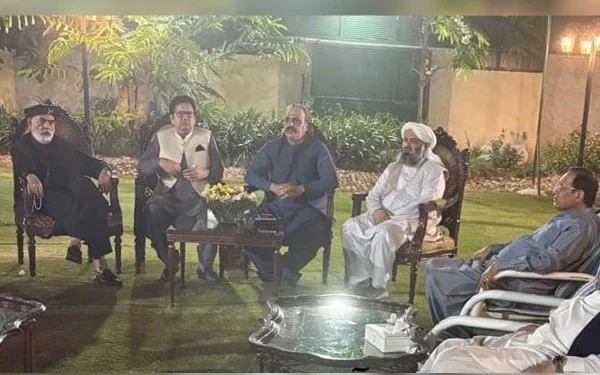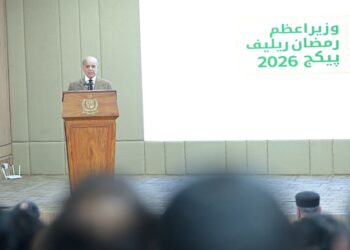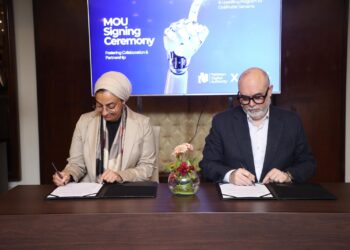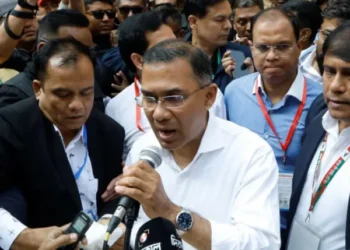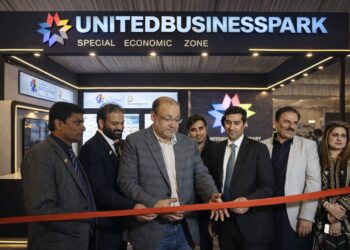Peshawar: A major political development has unfolded in Khyber Pakhtunkhwa (KP) ahead of the 2025 Senate elections. According to well-placed sources, a backdoor agreement has reportedly been reached between the ruling Pakistan Tehreek-e-Insaf (PTI) party and the opposition alliance regarding the distribution of Senate seats from the province. This unexpected political maneuver has the potential to reshape the electoral dynamics in KP, where PTI has traditionally enjoyed a stronghold.
Key Meeting Between PTI and Opposition Leadership
The breakthrough occurred during a high-level meeting between Khyber Pakhtunkhwa Chief Minister Ali Amin Gandapur and a delegation of opposition leaders. The opposition delegation included:
- Dr. Ibad, Leader of the Opposition in KP Assembly
- Maulana Ata-ul-Haq Darwish, a senior leader of Jamiat Ulema-e-Islam (JUI)
- Senator Dr. Talha Mahmood, a key player in opposition politics
Sources close to the meeting revealed that the primary agenda was the strategic planning and consensus-building for the upcoming Senate elections scheduled for July 21, 2025.
The 5/6 Formula: A Deal in Principle
A pivotal outcome of the meeting was the formulation and agreement on the so-called 5/6 formula, under which PTI will secure 6 seats while the opposition will get 5 out of the total 11 Senate seats up for grabs in KP.
The Chief Minister reportedly recorded a video statement expressing his approval of the agreement, stating his willingness to cooperate for political stability and to prevent electoral conflicts. The deal is being described by insiders as a “gentlemen’s understanding,” designed to promote consensus and avoid political confrontations.
Unopposed Candidates: Who Will Be Elected?
As part of this consensus, both parties have agreed on their nominated candidates who will be elected unopposed, if the agreement holds.
Opposition Candidates:
- Dr. Talha Mahmood
- Maulana Ata-ul-Haq Darwish
- Rubina Khalid
- Dilawar Khan
- Niaz Ahmed
PTI Candidates:
- Murad Saeed
- Faisal Javed Khan
- Mirza Muhammad Afridi
- Noor-ul-Haq Qadri
- Azam Swati
- Rubina Naz
These nominations span across the seven general seats, two technocrat seats, and two seats reserved for women.
Internal Dissent: Disgruntled PTI Candidates Create Tension
Despite the apparent political harmony at the leadership level, not all is calm within PTI. According to sources, several PTI aspirants who were not included in the finalized list of candidates have expressed dissatisfaction.
Chief Minister Ali Amin Gandapur is said to have made telephonic contact with various party leaders, urging them to accept the leadership’s decision. However, his stern tone and assertive approach have not fully diffused the tension. A climate of internal discontent remains within party ranks, especially among grassroots workers and sidelined candidates.
Special Committee Formed to Resolve Disputes
To mitigate internal party differences, Chief Minister Gandapur has constituted a special reconciliation committee. This committee is tasked with the mission of persuading disgruntled candidates to withdraw their nominations and uphold party discipline in the broader interest of political unity.
An emergency meeting of PTI’s political committee was also held, which was notably attended by Junaid Akbar, PTI’s Provincial President, marking his return to active politics after a period of absence.
Ticket Distribution Controversy and Leadership Intervention
A major point of contention is the distribution of Senate tickets, with many party loyalists and workers expressing discontent over what they perceive as favoritism. In an effort to manage the growing unrest, senior party figures, including Secretary General Salman Akram Raja, have been engaged.
On the directions of Junaid Akbar Khan, a delegation comprising Irfan Saleem, Ayesha Bano, Khurram Zeeshan, Irshad Hussain, and Waqas Orakzai met with Salman Akram Raja and voiced their grievances.
Sources say that this delegation, along with Salman Akram Raja, is scheduled to meet Chief Minister Gandapur in Peshawar, where final discussions and possible revisions to the candidates list may take place.
Avoiding Horse-Trading and Political Confrontation
The provincial government appears determined to avoid any kind of horse-trading or political instability that could result from contested Senate elections. The plan to have all 11 Senate seats filled unopposed is seen as a strategic move to project political maturity, especially at a time when public trust in political institutions is fragile.
Analysts believe this backdoor agreement, if successfully implemented, could serve as a model for other provinces, demonstrating that rival parties can collaborate to maintain democratic decorum.
Senate Elections 2025: Background and Context
The Senate elections are held every three years to elect half of the upper house of Parliament in Pakistan. The KP Assembly is responsible for electing 11 senators this year, including:
- 7 General Seats
- 2 Women Seats
- 2 Technocrat Seats
These elections are crucial for determining the balance of power in the upper house, especially as PTI tries to regain political momentum following recent challenges.
Conclusion: A Deal with Consequences
The emerging consensus between PTI and opposition parties over Senate seats in KP could signify a new chapter in inter-party collaboration, at least at the provincial level. However, internal PTI dissent poses a significant challenge that must be delicately handled to maintain the party’s unity and credibility.
With the elections just days away, political maneuvering is likely to intensify. All eyes are now on July 21, as the nation watches whether the backdoor agreement can hold under pressure or if the undercurrents of discord will disrupt the fragile truce.
















